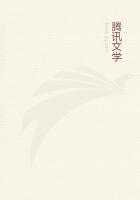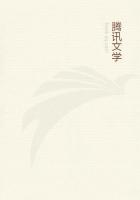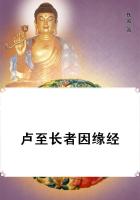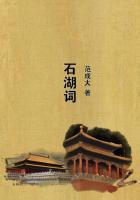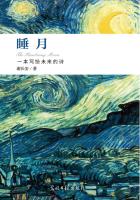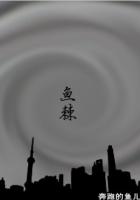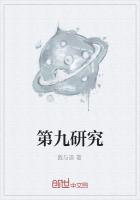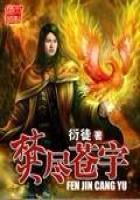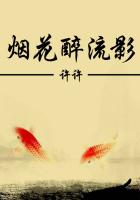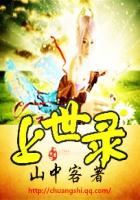Such are the passions aroused by civil strife.We need not now, when they are, or ought to be, dead, spend any time in deploring them.It suffices to explain them and the events to which they led.There was one and really only one final issue.Were the American colonies free to govern themselves as they liked or might their government in the last analysis be regulated by Great Britain? The truth is that the colonies had reached a condition in which they regarded themselves as British states with their own parliaments, exercising complete jurisdiction in their own affairs.They intended to use their own judgment and they were as restless under attempted control from England as England would have been under control from America.We can indeed always understand the point of view of Washington if we reverse the position and imagine what an Englishman would have thought of a claim by America to tax him.
An ancient and proud society is reluctant to change.After a long and successful war England was prosperous.To her now came riches from India and the ends of the earth.In society there was such lavish expenditure that Horace Walpole declared an income of twenty thousand pounds a year was barely enough.England had an aristocracy the proudest in the world, for it had not only rank but wealth.The English people were certain of the invincible superiority of their nation.Every Englishman was taught, as Disraeli said of a later period, to believe that he occupied a position better than any one else of his own degree in any other country in the world.The merchant in England was believed to surpass all others in wealth and integrity, the manufacturer to have no rivals in skill, the British sailor to stand in a class by himself, the British officer to express the last word in chivalry.It followed, of course, that the motherland was superior to her children overseas.The colonies had no aristocracy, no great landowners living in stately palaces.They had almost no manufactures.They had no imposing state system with places and pensions from which the fortunate might reap a harvest of ten or even twenty thousand pounds a year.They had no ancient universities thronged by gilded youth who, if noble, might secure degrees without the trying ceremony of an examination.They had no Established Church with the ancient glories of its cathedrals.In all America there was not even a bishop.In spite of these contrasts the English Whigs insisted upon the political equality with themselves of the American colonists.The Tory squire, however, shared Samuel Johnson's view that colonists were either traders or farmers and that colonial shopkeeping society was vulgar and contemptible.
George III was ill-fitted by nature to deal with the crisis.The King was not wholly without natural parts, for his own firm will had achieved what earlier kings had tried and failed to do; he had mastered Parliament, made it his obedient tool and himself for a time a despot.He had some admirable virtues.He was a family man, the father of fifteen children.He liked quiet amusements and had wholesome tastes.If industry and belief in his own aims could of themselves make a man great we might reverence George.He wrote once to Lord North: "I have no object but to be of use: if that is ensured I am completely happy." The King was always busy.Ceaseless industry does not, however, include every virtue, or the author of all evil would rank high in goodness.Wisdom must be the pilot of good intentions.George was not wise.He was ill-educated.He had never traveled.He had no power to see the point of view of others.
As if nature had not sufficiently handicapped George for a high part, fate placed him on the throne at the immature age of twenty-two.Henceforth the boy was master, not pupil.Great nobles and obsequious prelates did him reverence.Ignorant and obstinate, the young King was determined not only to reign but to rule, in spite of the new doctrine that Parliament, not the King, carried on the affairs of government through the leader of the majority in the House of Commons, already known as the Prime Minister.George could not really change what was the last expression of political forces in England.The rule of Parliament had come to stay.Through it and it alone could the realm be governed.This power, however, though it could not be destroyed, might be controlled.Parliament, while retaining all its privileges, might yet carry out the wishes of the sovereign.The King might be his own Prime Minister.The thing could be done if the King's friends held a majority of the seats and would do what their master directed.It was a dark day for England when a king found that he could play off one faction against another, buy a majority in Parliament, and retain it either by paying with guineas or with posts and dignities which the bought Parliament left in his gift.This corruption it was which ruined the first British Empire.
We need not doubt that George thought it his right and also his duty to coerce America, or rather, as he said, the clamorous minority which was trying to force rebellion.He showed no lack of sincerity.On October 26, 1775, while Washington was besieging Boston, he opened Parliament with a speech which at any rate made the issue clear enough.Britain would not give up colonies which she had founded with severe toil and nursed with great kindness.
Her army and her navy, both now increased in size, would make her power respected.She would not, however, deal harshly with her erring children.Royal mercy would be shown to those who admitted their error and they need not come to England to secure it.
Persons in America would be authorized to grant pardons and furnish the guarantees which would proceed from the royal clemency.

